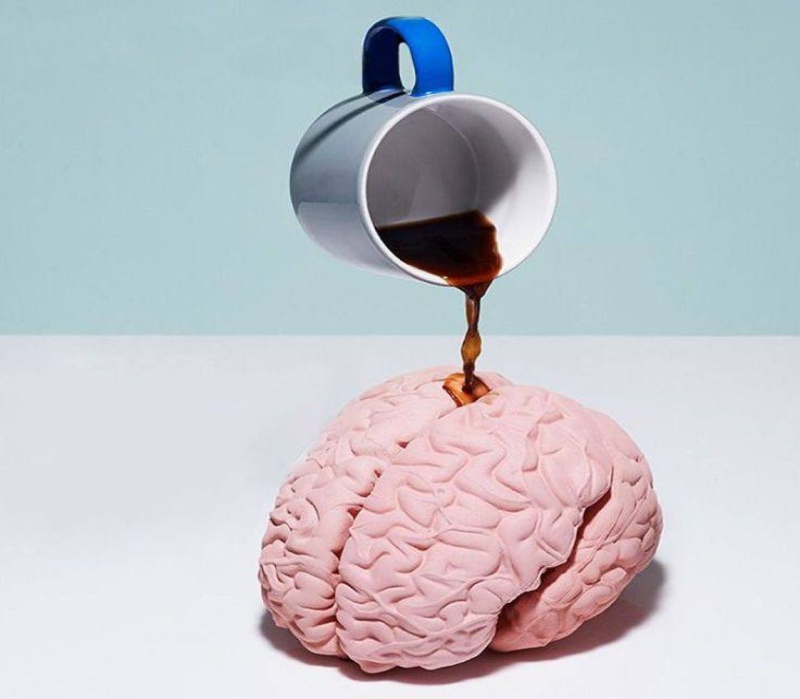Caffeine is a stimulant found in various foods, drinks, and other products. It’s commonly used to keep you awake and alert. Although caffeine is technically a drug, it can also be man-made and added to food products. It stimulates the central nervous system and is a diuretic, increasing urination. Severe intoxication with caffeine is rare, and reports are even scarcer.
Some of the most popular beverages in the United States, such as coffee, tea, and soda, contain significant amounts of caffeine. Reportedly, the average American drinks just over three cups daily. And some people get their caffeine through energy drinks or caffeine pills. Hence, caffeine is an integral part of beverages, food, and medications.
However, over-the-counter, unregulated sale of performance-enhancing compounds, such as caffeine, turns high-dose consumption into a genuine concern. Severe intoxication may be fatal, usually by malignant cardiac arrhythmia. Such is the case of a 23-year-old university student who accidentally consumed about 100 times the amount in an expresso of anhydrous caffeine.
Symptoms Of Caffeine Intoxication
While everyone’s tolerance is different, there is a limit to how much caffeine people can have in their systems. Jittery fingers and a racing heartbeat are common signs that you’re over-caffeinated. In rarer scenarios, an overconsumption of caffeine can lead to a state called caffeine intoxication or caffeine overdose.

Caffeine intoxication occurs when a person has dangerously high levels of caffeine in the system. It produces unpleasant and severe symptoms, such as trouble breathing, dizziness, diarrhea, and seizures. Fortunately, there have been a few cases of people who died from caffeine intoxication.
Risks of Caffeine Overdose
As the phrase implies, caffeine overdose occurs when you take in too much caffeine through drinks, foods, or medications. However, some people can ingest well above the recommended amount daily without issue.
This isn’t recommended because high caffeine doses can cause major health issues, including irregular heartbeat and seizures. According to studies, consuming high caffeine doses regularly can also lead to hormonal imbalances.
ALSO READ: Oregon Dad Accused of Drugging Daughter’s Friends at Sleepover With Laced Smoothies Surrenders
Additionally, if you infrequently consume caffeine, your body may be susceptible to it, so avoid ingesting too much at one time. Even if you regularly consume large amounts of caffeine, you should stop when you feel unpleasant symptoms.
The Ratified Daily Dose Of Caffeine
The US Food And Drug Administration defines caffeine overdose as anything more than 400 milligrams of caffeine daily for healthy adults. This is equivalent to four or five cups of coffee.
“Consuming slightly more than 400 milligrams of caffeine is not enough to kill or permanently impair someone,” said Erin Palinski-Wade, a registered dietitian at EKP Nutrition Communications in New Jersey.
However, the average adult will likely feel anxious and irritable. The more toxic effects of caffeine intoxication appear when people have 1,200 milligrams, about 12 cups of coffee, in their system.
Can Babies Sustain Caffeine Intoxication?
Yes, babies can also suffer from caffeine overdose. This can happen when breast milk contains excessive amounts of caffeine. Some mild symptoms include nausea and muscles that continually tense and then relax.

Addisevereserious signs of caffeine overdose can accompany these symptoms, including vomiting, rapid breathing, and shock. If you or a child under your care is experiencing these symptoms, seek medical attention immediately for diagnosis and treatment.
What To Do if You Suspect Caffeine Overdose
If you’re experiencing more than a few jitters and suspect caffeine intoxication, see a doctor immediately. Doctors have explained using hemodialysis to filter out caffeine from the blood.
ALSO READ: Here Are Things To Drink and Avoid When You Have Acid Reflux Symptoms
Again, if a person consumes large amounts of caffeine within one to two hours, doctors may also dispense activated charcoal, which binds to caffeine and prevents it from getting absorbed in the gut.
Doctors also administer medications to stabilize the patient and treat severe symptoms. By contrast, having food in your stomach, especially a meal high in protein and fiber, can also help by allowing the body to absorb caffeine over a more extended period.
To sum up, caffeine intoxication is preventable. The most significant thing is to listen to your body and know what it can tolerate. So, the next time you’re staring back at an empty mug, take a moment and see if you need another refill or if a water break may better serve you.
You Might Also Like:
Regina King Reflects on Losing Son She Shared Matching Tattoos With
Trump Slams Oscars Host Jimmy Kimmel for Reacting to His Truth Social Posts
Inside the Relationship of Basketball’s Greatest Couple, LeBron James and Savannah James
Oppenheimer Sweeps Top Awards at Oscars Amid Emma Stone Win
Kate Middleton’s Disappearance and Sudden Appearance Fuels Conspiracies Among X Users
